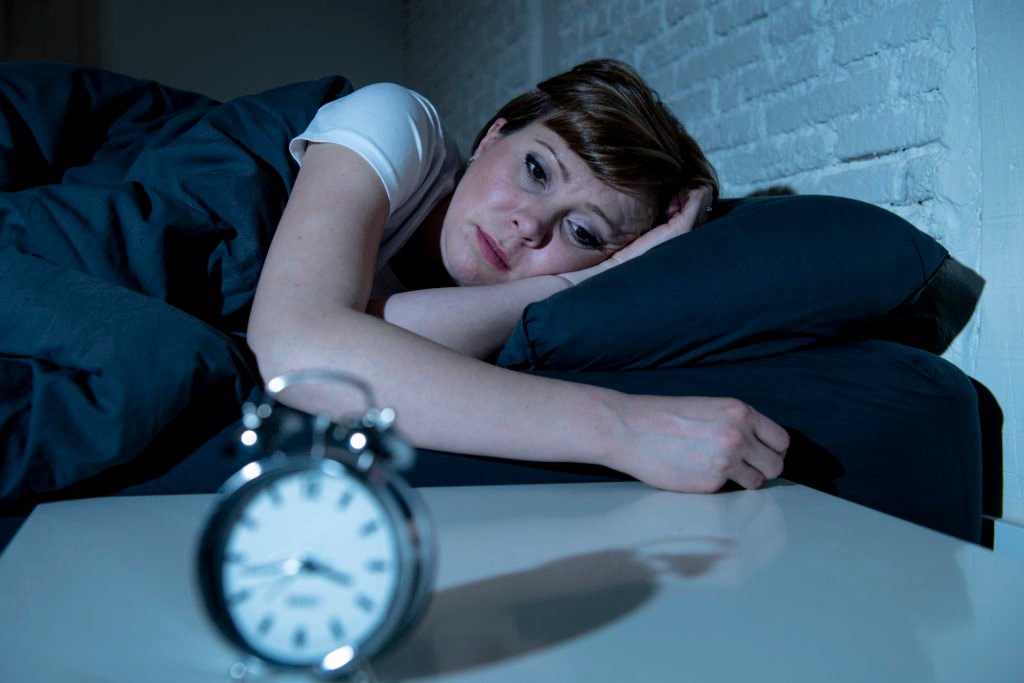 People not getting enough sleep is not a new problem: all the way back in 2016, the CDC reported that one in three adults were sleeping less than seven hours a night. That’s only half the equation, though; the next question is, obviously, why aren’t they sleeping more?
People not getting enough sleep is not a new problem: all the way back in 2016, the CDC reported that one in three adults were sleeping less than seven hours a night. That’s only half the equation, though; the next question is, obviously, why aren’t they sleeping more?
That is what ResMed asked in its 2023 Global Sleep Survey, where it spoke to more than 20,000 respondents from 12 countries, including the United States, the United Kingdom, Germany, France, South Korea, Mexico, Japan, Singapore, Australia, Brazil, China, and India, about the quantity and quality of their sleep, their bedtime routines, and their sleep habits.
What it found was that, more than anything else, what’s keeping people awake at night are mental health issues: 33% said that they couldn’t sleep because of anxiety/depression, while the same percentage cited work-related concerns. Both of those were higher than they were in 2022, when 29% and 22%, respectively, said these were the reasons they couldn’t sleep.
The countries that had the highest rates of reported anxiety/depression were Brazil, with 46%; the U.S., with 45%; and Australia and the UK, each with 42%. On the other end, only 24% of respondents in Japan, 22% in India, and 21% in Germany, said the same.
Among those who say their sleep has gotten worse over the past year, 32% said it’s because of financial pressures; that includes 41% of those in the U.S., 39% of those in Mexico, and 37% of those in India.
While having mental health problems can cause a lack of sleep, the same is true in reverse: more than 80% report experiencing symptoms of disruption related to their sleep quality, with the most common symptoms being depression or irritability, with 33% of respondents, while another 30% reported either waking up with a dry mouth or sore throat, or having difficulty concentrating during the day, and 29% said they had excessive daytime sleepiness.
The countries with the highest rates of reported symptoms included 87% of those in Mexico and France, while Japan had the lowest rate with 60%. Meanwhile, 84% of respondents from India, 69% from Mexico, and 66% from China said they were satisfied with their quantity of sleep, while 47% of those in Australia, 46% in Japan, and 45% of those in the UK said the same.
In terms of gender, 60% of women reported being satisfied with their quantity of sleep, while 68% of men, and 65% of nonbinary respondents, said they were satisfied. In all, 83% of women, and 94% percent of nonbinary respondents, said they were more likely to say they have at least one symptom of poor sleep compared to 79% of men.
Generationally, 43% of Gen Xers and Boomers, and 49% of the Silent Generation, reported not being satisfied with the quality of their sleep, while the same was true of 37% of Millennials and 31% of Gen Zers.
As for what people are doing about this, the answer is, basically, not much: 33% haven’t been tested for sleep apnea, or sought medical help for other sleep conditions, because they don’t think they have a sleep-related medical condition, and nearly half of respondents said their doctor doesn’t even bring up their sleep quality.
The most anyone seems to be doing is using a sleep tracker and not even a majority of any generation are even doing that: only 43% of Millennials, 35% of Gen Z. 28% of Gen X (28%), 15% of Boomers, and 7% of the Silent Generation use a wearable.
“Prioritizing sleep is one of the most effective ways to improve your health, and poor sleep can increase the risk of diabetes, obesity, heart disease, and depression,” said Carlos M. Nunez, M.D., chief medical officer for ResMed.
“It’s critical to have an honest discussion with your healthcare provider about your sleep habits and seek help if you’re experiencing patterns or symptoms of poor sleep as it could point to a more concerning health issue or sleep disorder such as sleep apnea.”
(Image source: sleeprightmckinney.com)



















